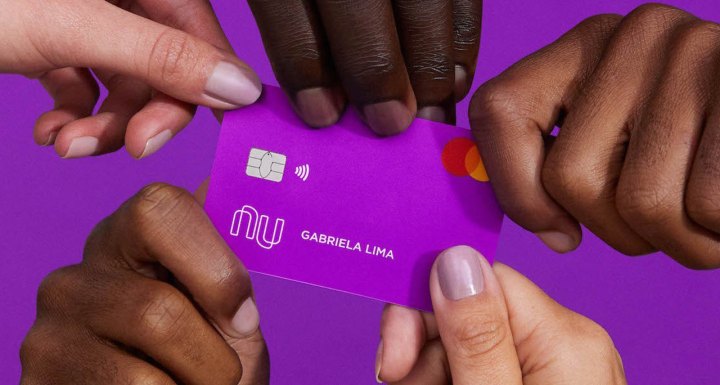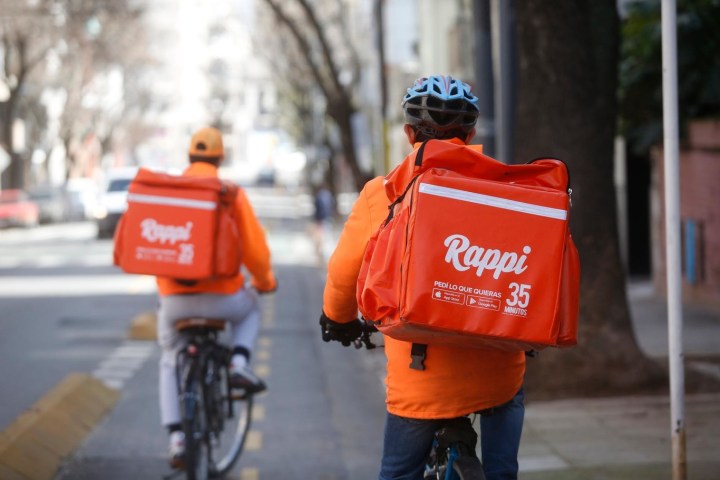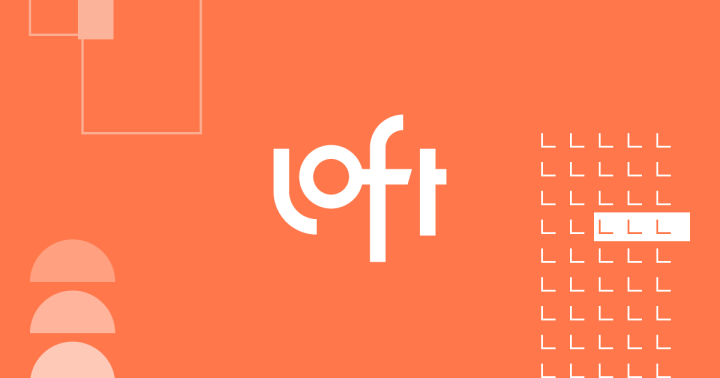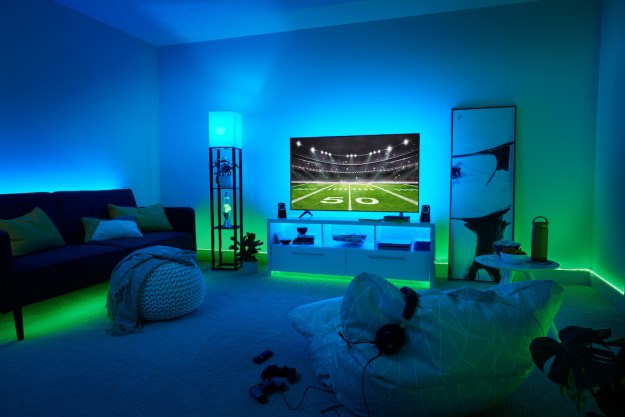When it comes to entrepreneurship, there’s a lot to celebrate during Hispanic Heritage Month. Hispanic founders have spun up some groundbreaking and truly disruptive companies in the past decade, and many are now poised to make a big splash on the international stage.
Among the most important Latin American startups in 2021 are those created in Brazil, Mexico, Colombia, and Argentina — and we’ve rounded them up and ranked them by their respective valuations to give you a sense of their size and influence. So without further ado, here’s a rundown of the most successful Hispanic startups:

1. NU (Brazil)
Also known as Nu Bank, Nu is a Brazilian fintech company founded in May 2013 by David Velez (Colombia), Cristina Junqueira (Brazil), and Edward Wible (USA). The story behind its creation, according to David Velez, was due to a bad experience at a bank in Brazil.
Velez and his partners had a relatively simple plan to fix things with Nu Bank: offer financial products with the lowest (and in some cases non-existent) fees and provide excellent customer service, all digitally, without the need for a physical branch.

Nu has operations outside Brazil only in Colombia and Mexico, the engineering wing is based in Germany, and it has a technological development center in Buenos Aires, Argentina. It is also one of the 100 most influential companies in the world according to TIME magazine.
2. Kavak (México)
Kavak, a used and pre-owned car trading company, was founded in 2016 by Venezuelan Carlos García, after spending two years in Mexico. Together with the current CEO, the company was started by Loreanne García, who was the corporate strategy coordinator for Coca Cola FEMSA, and Roger Lauhglin, who served as sales director of Linio, a company for which Carlos García also worked as Director for a time.

The underlying premise of Kavak is very simple: Buy used cars at fair prices, recondition them, and then sell them customers for a slight markup. Its philosophy is “work smart and make it happen” and, it shows — the company has enjoyed explosive growth since it was founded in 2016.
Today, it has five locations in Puebla, Monterrey, Guadalajara, and two in Mexico City, as well as one in Buenos Aires, Argentina, and another in Sao Paulo, Brazil. In addition, in Mexico, the company has five showrooms in the metropolitan capital and four inspection centers.
3. Rappi (Colombia)
Rappi is one of the most important delivery companies in Latin America. It was founded in 2015 by Simón Borrero, Sebastián Mejía, and Felipe Villamarín in Colombia, and it’s now a major player in the delivery space.

The Rappi application works much like other delivery services and allows users to order their favorite products from stores, restaurants, pharmacies and receive them at the doorstep of their homes. The company is currently present in nine Latin American countries, with plans to expand to more as soon as possible.
Rappi has the honor of being the first Colombian unicorn company to reach a commercial value of 2 billion dollars. Today, it is worth is 5.2 billion dollars.
4. Wildlife Studios (Brazil)
Wildlife Studios is one of the largest mobile game developers in the world and was founded in Brazil by Arthur Lazarte, Michael Mac-Vicar, and Victor Lazarte in 2011.

It’s also one of the most prolific companies in the industry. Since its inception, the company has launched over 70 mobile games — many of which attract tens of millions of players every month. This knack for producing popular games has led to rapid growth, and also caught the attention of investors. At the end of 2019, it received an investment of 60 million dollars and moved to the unicorn category.
5. Loft (Brazil)
Loft was created in 2018 in the city of Sao Paulo by Florian Hagenbuch (a German) and Mate Pencz (a Hungarian). Much like Zillow or Redfin, it’s basically an application that digitizes and simplifies the process of buying and selling real estate.

Initially, the company started as a property flipping business that would purchase, remodel, and sell houses for more than the purchase price. It has since expanded and adapted its business model, and now functions as a “multiple listing service” for real estate in Brazil — essentially aggregating and acting as a one-stop shop for homebuyers and sellers alike.
As of 2021, it’s currently valued at over 2.2 billion dollars.
Editors' Recommendations
- Meet the bold and brilliant Latinos of NASA
- These are the favorite cars of Hispanic Americans
- Why do we celebrate Hispanic Heritage Month?
- Most influential Hispanic Americans in Hollywood’s film industry



